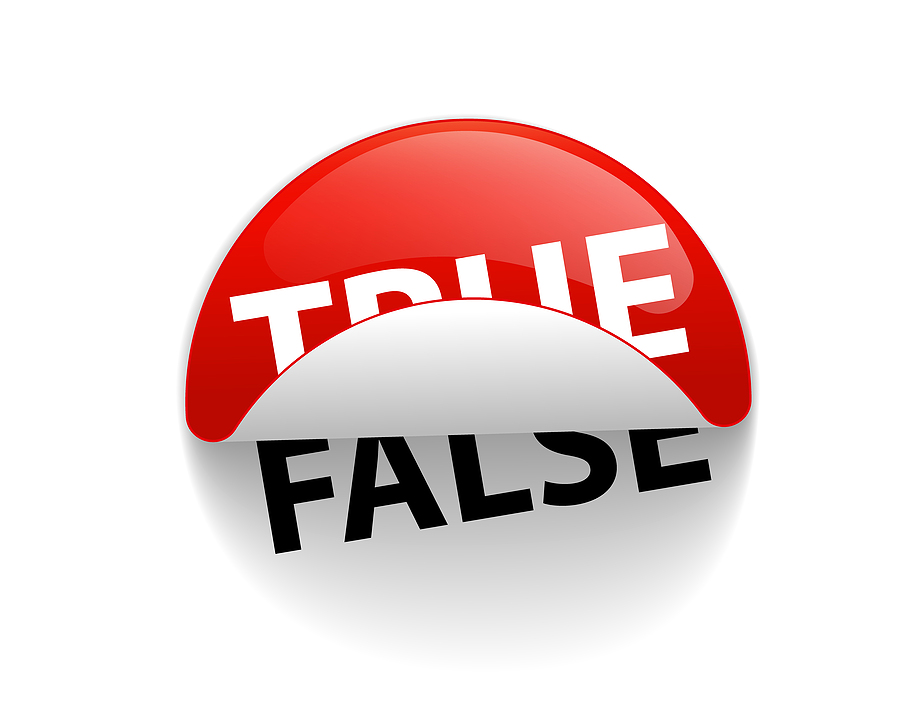Years ago, after a class on taxes at a writers conference, an attendee shook her head. “That teacher’s going to get a lot of people in trouble.” I couldn’t deny that some of the suggestions offered seemed risky. I disregarded most of what I’d heard as I made my way out the door.
This experience is rare, but it does happen. Conference directors engage well-known, established instructors for workshops. Teachers discuss areas they know cold. For instance, as a literary agent and past book author, I’m asked to teach on such topics as approaching agents, compiling proposals, working with agents, and the writing craft. I’m not in demand to teach on creating podcasts or building an Instagram platform. If asked to teach on either of those topics, I’d decline.
Good conference instructors realize the responsibility involved in taking on a workshop. I’m cognizant that writers have paid significant fees to participate. At a minimum, writers sacrifice their time to be in my class instead of someone else’s. I do my best to impart accurate knowledge and to make wise use of everyone’s time.
However, even the most well-meaning teachers can be mistaken or misinformed. Or, perhaps their experience isn’t relevant to what is happening in your career or life, even if, in theory, it should be. Perhaps their worldview, though Christian, still contrasts with yours because you are different personalities and deal with problems and opportunities inversely. So you may leave a class in disagreement with some points made.
And that’s okay.
Classes, whether offered at a conference or through some other means, inform and inspire. They make writers think of the best way to approach their careers, armed with the best knowledge available. Any education, including that imparted by all of us here, should be considered, weighed, and contemplated through prayer.









